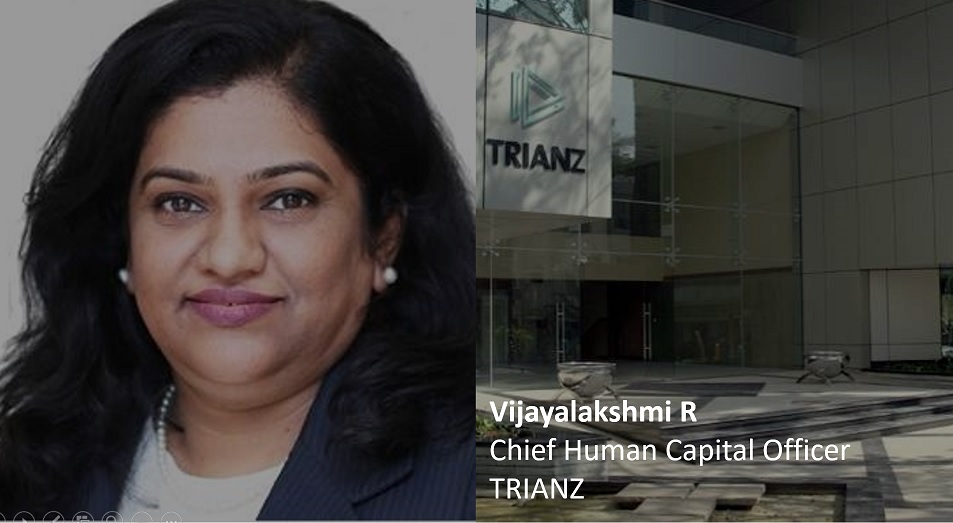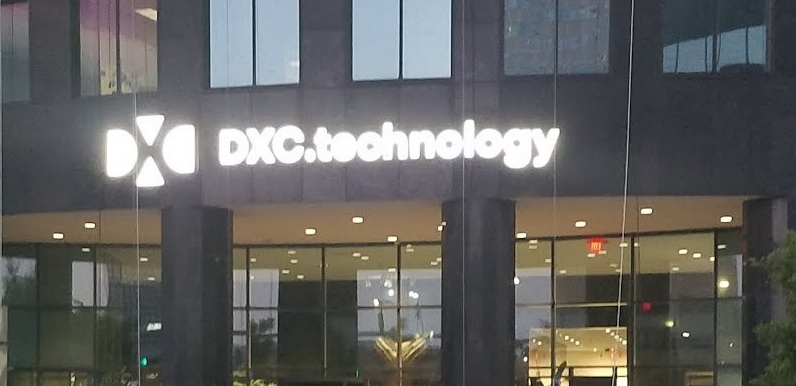DXC Technology fined $8m by SEC for misleading investors
IT services company, DXC Technology has paid $8 million to settle a dispute with the US Securities Exchange Commission after being charged with making “misleading disclosures” about its non-GAAP financial results.
The SEC said last night its findings pertain to multiple reporting periods between 2018 until early 2020.
As per the SEC’s order, DXC “materially” upped its reported non-GAAP profit by “negligently misclassifying tens of millions of dollars of expenses as non-GAAP adjustments for so-called transaction, separation, and integration-related (TSI) costs and improperly excluding them from its non-GAAP earnings.”
For the uninitiated, non-GAAP (Generally Accepted Accounting Principles) results are an alternative way to measure a company’s financial health. They do not include non-recurring or non-cash expenses, and are considered a method for analysts and investors to get a snapshot of a business’ operations and cash position.
Although DXC publicly commented that its non-GAAP metrics let shareholders “better understand the financial performance” of the company, the SEC found the “non-GAAP disclosure controls and procedures were inadequate” to ensure expenses classification matched DXC’s public description of TSI costs.
As a result, the tech services provider “materially overstated its non-GAAP net income in three quarters” and “failed to evaluate the company’s non-GAAP disclosures” related to those expenses.
“Issuers that choose to report non-GAAP financial metrics must accurately describe those metrics in their public disclosures,” said Mark Cave, associate director of the SEC’s Enforcement Division. He added that DCC’s “procedures and controls were not up to the task,” and so it “misled investors.
DXC is deemed to have violated anti-fraud provisions of the Securities Act of 1933, the SEC said: “Without admitting liability or denying the findings in the order, DXC consented to a cease-and-desist order, to pay an $8 million penalty, and to undertake to develop and implement appropriate non-GAAP policies and disclosure controls and procedures.”











